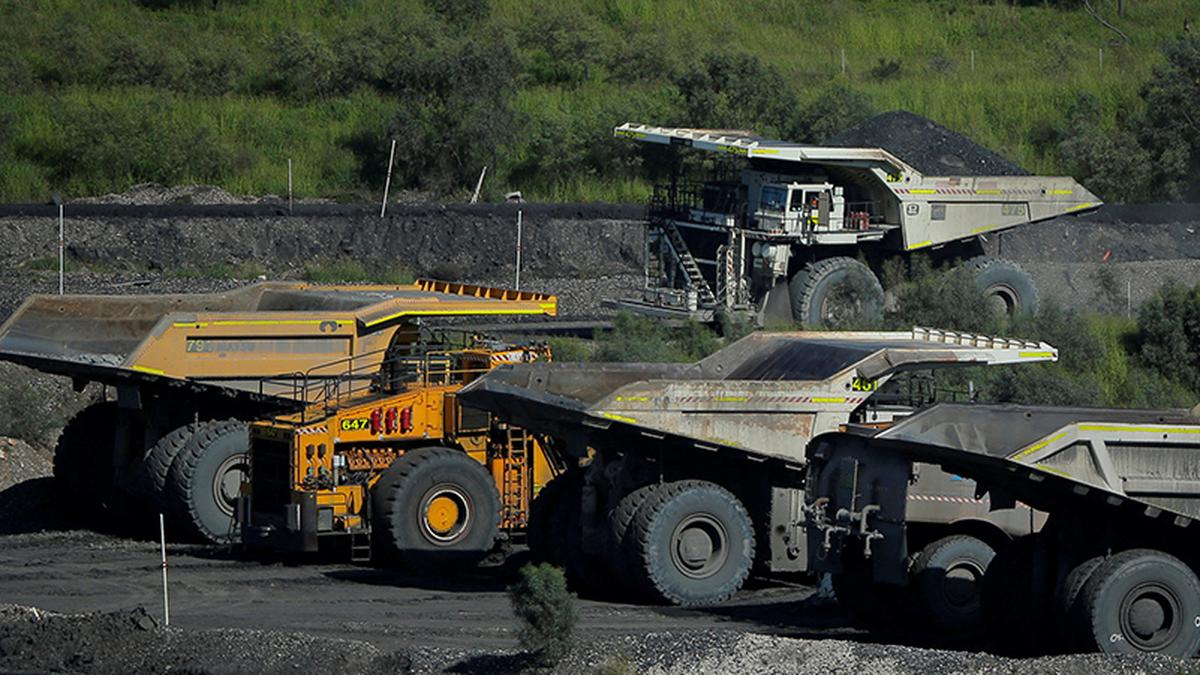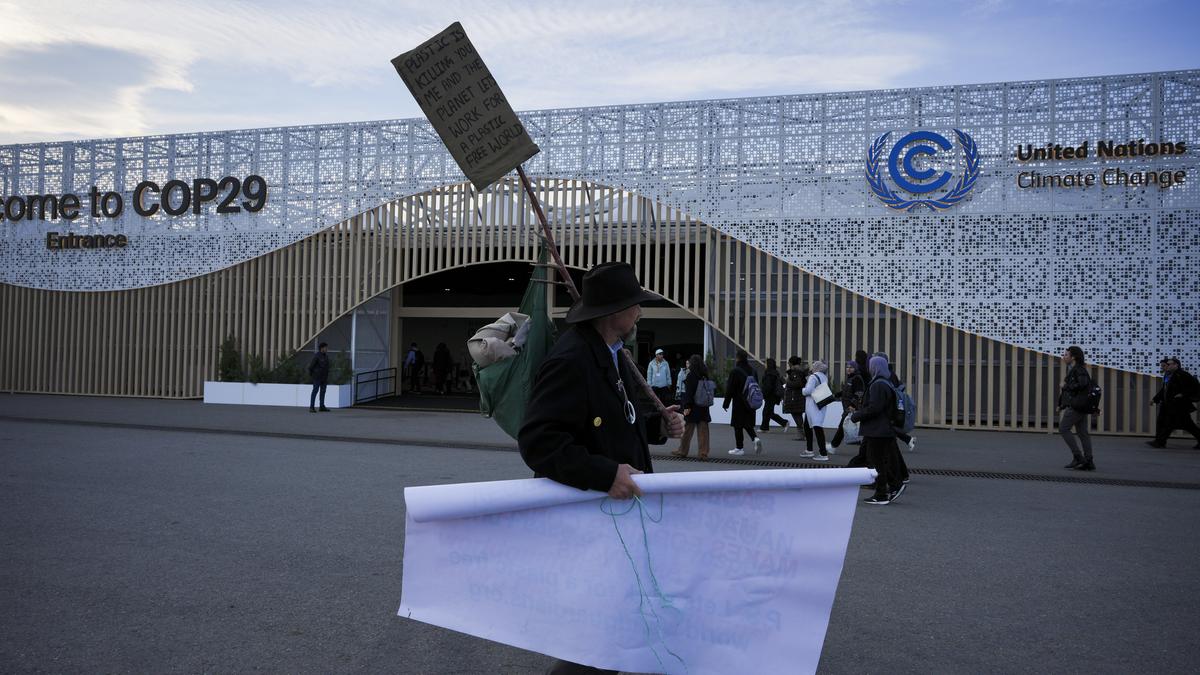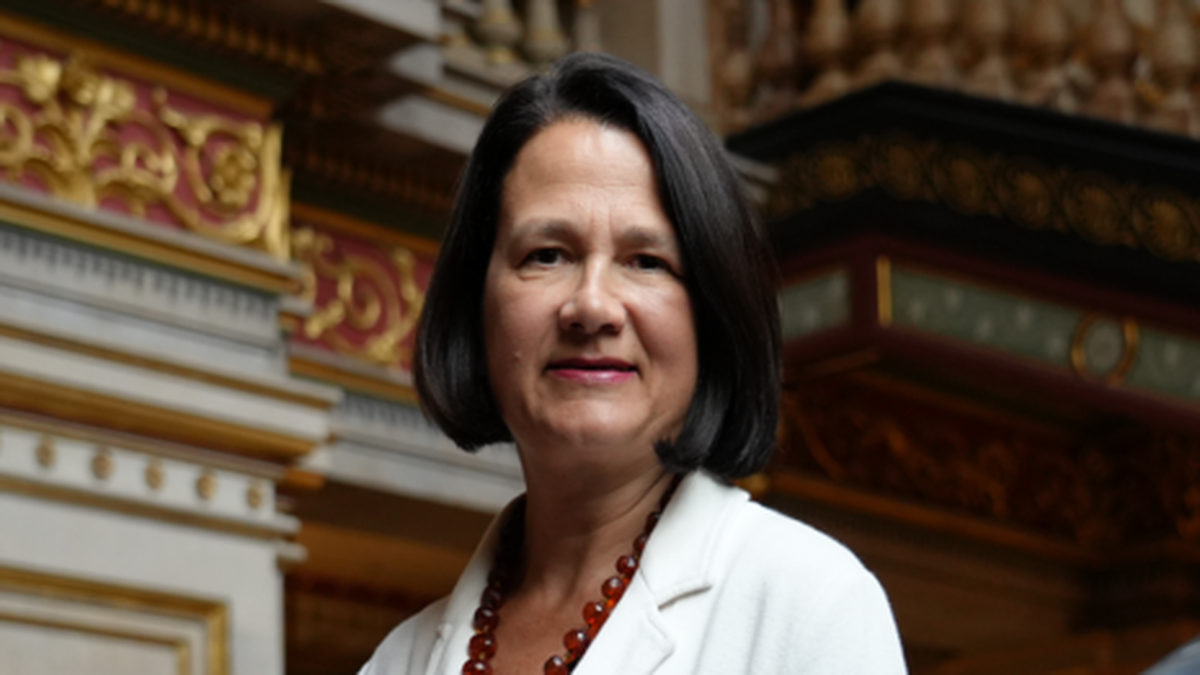Australia’s decision to extend the lifespan of three coal mines was branded as a “betrayal” by climate groups who said on Wednesday (September 25, 2024) it means another 1.3 billion tonnes of emissions will be pumped into the atmosphere.
Three thermal coal mines in Australia’s southeast will be allowed to stay open for between 8 to 22 more years, producing fuel for electricity-generating power stations.
Most of Australia’s 16 coal-fired power stations are set to close in the coming years, leaving authorities scrambling to find alternative sources of energy.
Also Read: Adding coal to the fire
While investments in renewable energy projects have soared, policymakers have decided to extend the life of some coal mines because of delays, red tape and long construction times.
The government’s decision on Tuesday allows the mines in the Hunter Valley — best known for its wine and mining sectors — and one at Narrabri further north in New South Wales State to stay open longer and expand underground operations.
The Australian Conservation Foundation’s climate program manager Gavan McFadzean slammed the decision, which will generate “more than 1.3 billion tonnes of lifetime emissions” and “undermine Australia reaching net zero by 2050”.
He said Australia’s unique natural environment would suffer from the decision and fuel the climate crisis.
“These approvals will have consequences for everyday Australians who are forced to live on the forefront of climate damage,” he said.
Greenpeace Australia Pacific’s Joe Rafalowicz said the decision was “a betrayal” of the climate by Prime Minister Anthony Albanese’s government.
“At a time when the world has agreed to transition away from fossil fuels, the Albanese government has chosen to side with fossil fuel interests,” he said. “It is simply indefensible.”
Australia remains one of the world’s leading exporters of coal and gas and has relied heavily on fossil fuels to keep the lights on.
Mr. Albanese’s Centre-left Labor government won the 2022 election on a platform of ambitious climate action after decades of foot-dragging.
It pledged to cut national emissions by 43% by 2030 from 2005 national levels.
A spokesperson for Environment Minister Tanya Plibersek said the decision was made in accordance with “facts and the national environment law”.
The spokesperson said emissions relating to the coal mine extensions would be regulated under tough new climate laws.
Published – September 26, 2024 10:36 am IST






